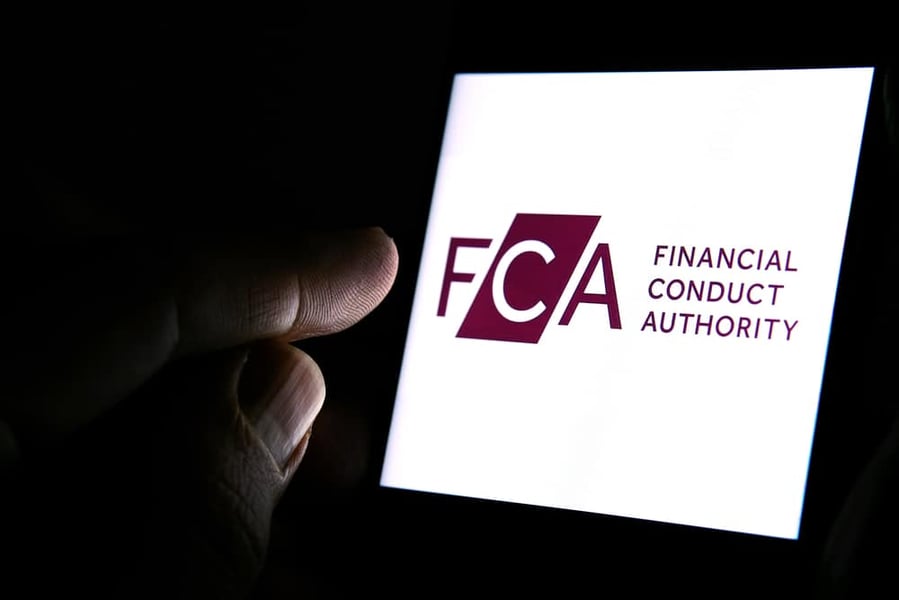Regulator issues warning as nearly 5,000 impersonation scam reports recorded in H1 2025

The Financial Conduct Authority (FCA) has cautioned the public after receiving close to 5,000 reports of scams involving individuals posing as the regulator during the first six months of 2025.
According to the FCA, fraudsters are seeking to obtain money or confidential information, including bank PINs and passwords, by pretending to represent the authority.
Between January and June, the FCA’s consumer helpline registered 4,465 reports of such scams. Of these, 480 individuals were deceived into transferring funds to the perpetrators. Data from the regulator indicates that almost two-thirds of those reporting incidents were aged 56 or older.
One prevalent tactic involves scammers claiming that the FCA has retrieved assets from a cryptocurrency wallet allegedly opened in the victim’s name without consent. Another approach targets individuals who have already suffered losses in loan scams, with fraudsters asserting that the FCA can assist in recovering lost money, only to request further payments.
The regulator has also identified a pattern in which consumers receive emails stating that creditors have secured a county court judgement (CCJ) against them, instructing them to pay outstanding amounts directly to the FCA.
A separate scheme, known as ‘pig butchering’, sees fraudsters establish a relationship—often romantic—with victims before orchestrating a long-term investment scam. After initial losses, the scammers pose as FCA representatives offering to recover the funds, seeking to defraud the victims again.
“Fraudsters are ruthless: they attempt to steal money from innocent victims by impersonating the FCA,” said Steve Smart, joint executive director of enforcement and market oversight at the FCA.
“We will never ask you to transfer money to us or for sensitive banking information such as account PINs and passwords. If in doubt, always check.”
The FCA advises the following precautions to avoid falling victim to these scams:
- Remain cautious if contacted unexpectedly by phone, text, email or WhatsApp
- Do not disclose sensitive personal details, such as bank account PINs and passwords
- If uncertain, contact the FCA directly using the online contact form
Want to be regularly updated with mortgage news and features? Get exclusive interviews, breaking news, and industry events in your inbox – subscribe to our FREE daily newsletter. You can also follow us on Facebook, X (formerly Twitter), and LinkedIn.



